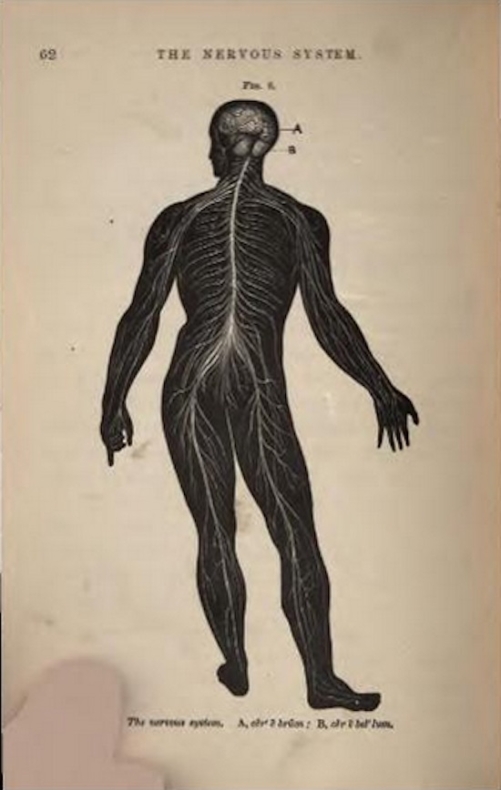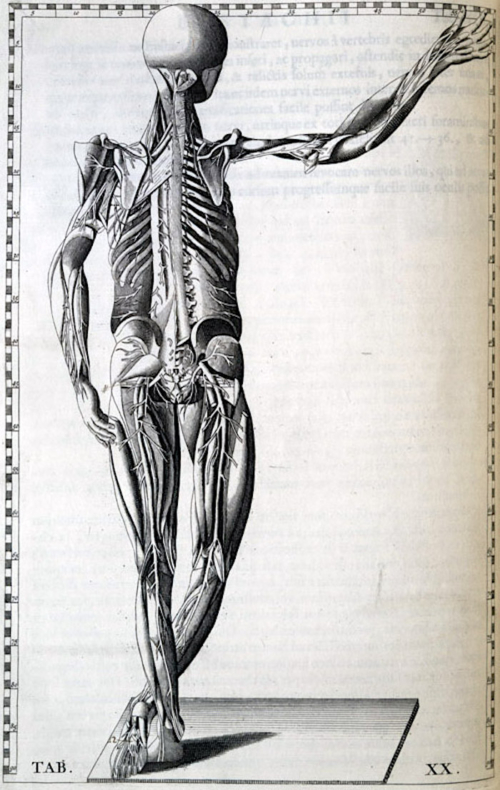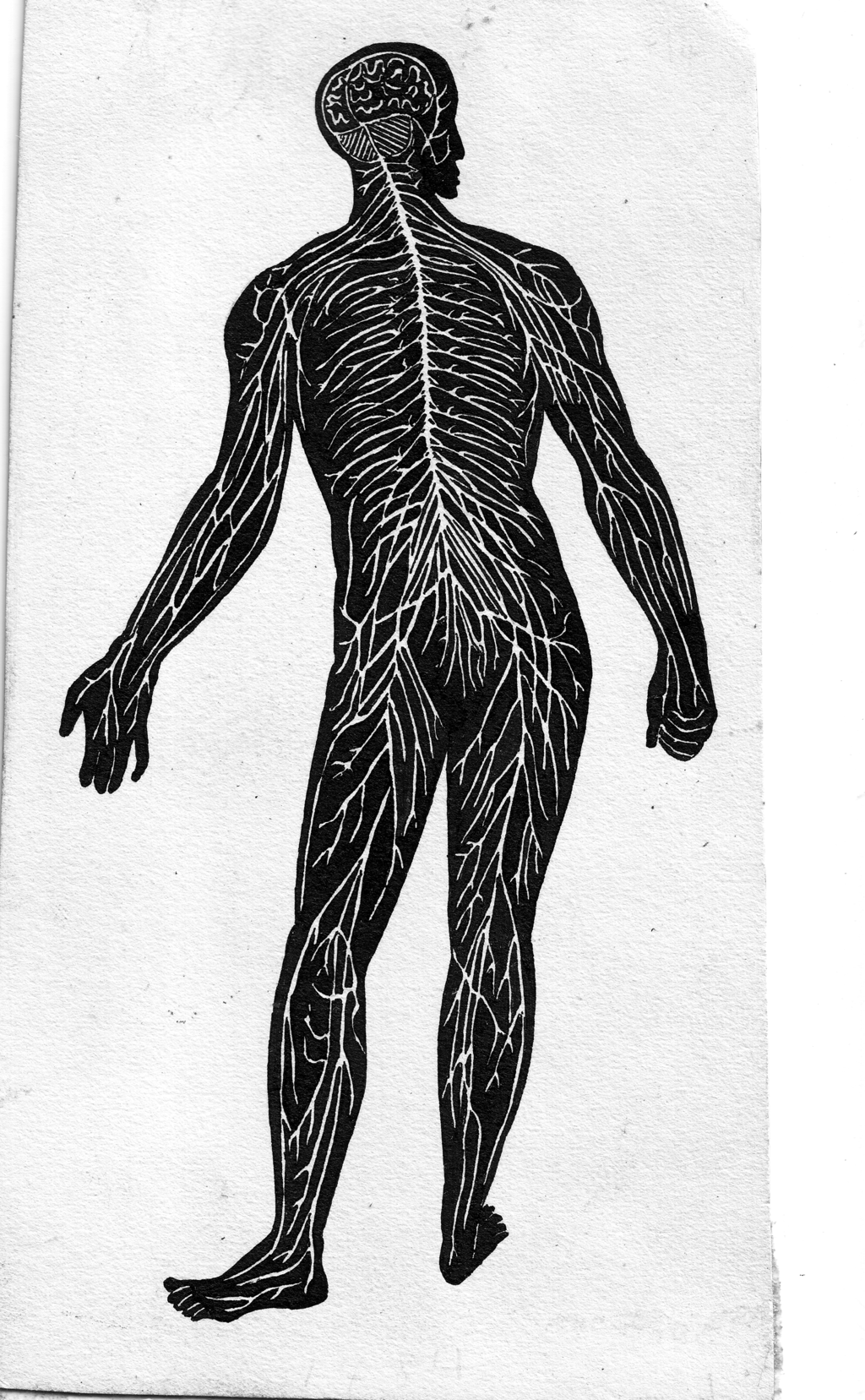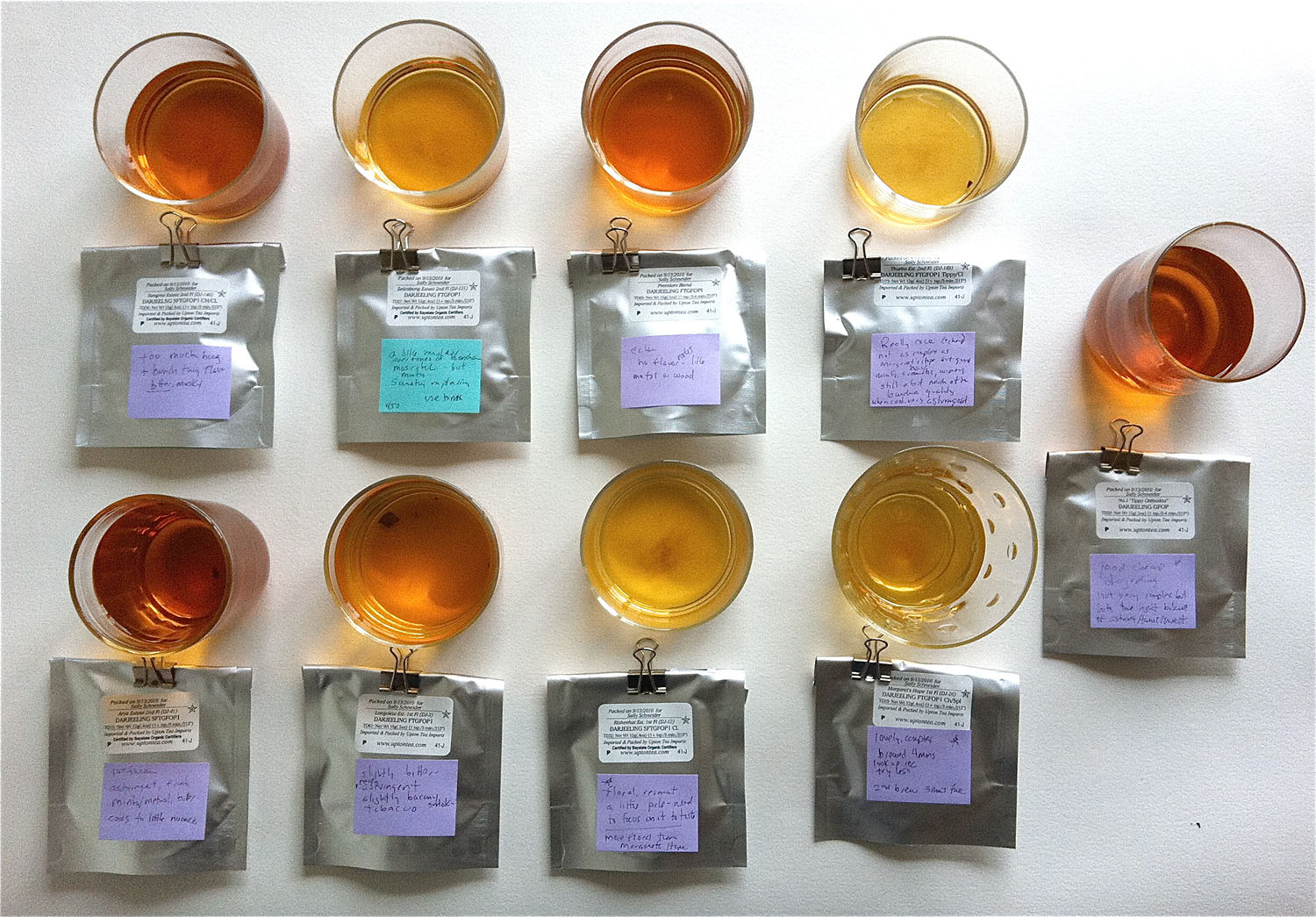The most helpful 50 minutes I’ve spent recently was listening to What’s Happening in Our Nervous Systems, a podcast from On Being with Krista Tippet. Clinical psychologist Christine Runyan discusses the physiological effects of the past years of pandemic and the profound changes its wrought in daily life: sudden and prolonged social isolation and myriad imminent threats to our well-being. Since re-reading the transcript, I’ve felt better and more grounded, despite the escalation of a new variant.
The conversation is about what it means “that we became a danger to each other by virtue of our breath”. How do we navigate and grieve a trauma that is still ongoing? Tippet described it as “what’s been happening at a creaturely level inside us for over a year“.

I’ve found that hearing it all named has been incredibly helpful: that the complex and disorienting feelings of disconnection, alienation, fogginess, dissociation, numbing are part of a normal response to incredibly uncontrollable, unpredictable and unfamiliar circumstances.
This highly edited excerpt gives a glimpse:
TIPPETT: I feel like all of the energy flowed out of my body. [laughs] And it’s been really hard to feel even — it’s not just that I have felt low in energy, I’ve felt disembodied and like I’ll never be the same again. And I talk to other people who feel that way too.
RUNYAN: I think that’s also part of the nervous system, both assault and response. We talk about fight or flight, but there’s also a state of freeze, which can look very much like you’re describing — this state of apathy, of detachment, of even disembodied or dissociative, and numbing, a lot of numbing. And that is a state of physiological high arousal, actually; there’s still a lot happening underneath the skin, in terms of the arousal, but the body has essentially tucked in. And it’s a protective stance. There’s a lot of protection there…
But it actually can be — if we understand that as a natural variation within our nervous system that may have a little protective factor as to not get into the rumination cycle where we’re constantly monitoring, “How is it now? How is it now?” and, “Is this coming back? Is it coming back now?” [laughs] and to just know that that’s actually a natural variation of our system, too.
And what is often protective in instances of such widespread trauma, if you will, has been taken from us in this pandemic: connection. Our nervous systems know touch. They know closeness and a hug. And to not be able to do those things when people are really hurting has been a huge loss, and there’s much grief there.
TIPPETT: Even how now we’re all saying, “I’m so much less productive,” and it feels problematic. And I do it too, but it’s not really reasonable. What you’re saying — we’re not compassionate to ourselves.

Tippet puts her finger on it: Caretaking in the face of all we are feeling requires compassion for ourselves and others: kindness and suspension of harsh judgement about all we think we should be doing, accomplishing, feeling.
Runyan suggests simple ways we can calm and care for ourselves by bypassing the thinking brain:
There’s various techniques you can do with the breath, but if you’re gonna do one thing, a long exhale, because that’s part of our sympathetic nervous system, that dorsal part of our sympathetic nervous system that activates our calming — so, a long exhale. The inhale can have an activation part; a long exhale can — that alone can actually be quite calming, although there are some other breath techniques that one can use as well.
The other things that, again, sound — if you don’t understand this at the nervous system, they sound almost, I don’t know, New Age-y or froufrou. But scents — so I always work now with a candle in my office.
….So scent and sound can be really pretty accessible tools to just send those messages of comfort or safety. And then we can work with the body, too, the body quite directly, to send messages of safety and of calming to our nervous system. So our body is this incredibly rich, textured source of data for us. But we can also intentionally be in postures, be in ways that the nervous system senses safety. So a very simple one — and we could do it now, together — is just putting your feet on the floor so that your legs are uncrossed, and your feet are fully making contact with the Earth, maybe pressing down through the heel, pressing through the balls of the feet, feeling a little of that sensation coming up through the legs, and feeling yourself in your seat, being held.
…And then, one of my common go-to’s is around this affiliative stress response, “tend-and-befriend,” and particularly if I don’t have people around me, is to just make contact with myself. I put my hand on my heart, on my chest
Runyan’s final suggestion is to pause, to take an occasional moment and and check in where we are, how we are feeling, what is really going on. (We are all so activated, it can be difficult to do; her suggestions of breath, sound, scent are meant to facilitate it.) Awareness is our superpower that gives us the ability to make choices that nourish us. She quotes Austrian psychiatrist Viktor Frankl to describe the pause-point that lets us get out of automatic pilot into more refreshed, possibility-driven thinking:
Between stimulus and response, there is a space. And in that space lies our power to choose. And in our choice lies our growth and our freedom.
Listen to or read the entire conversation here.
Top image: Pearson Scott Foresman Pearson Scott Foresman, Public domain, via Wikimedia Commons
Related Posts




